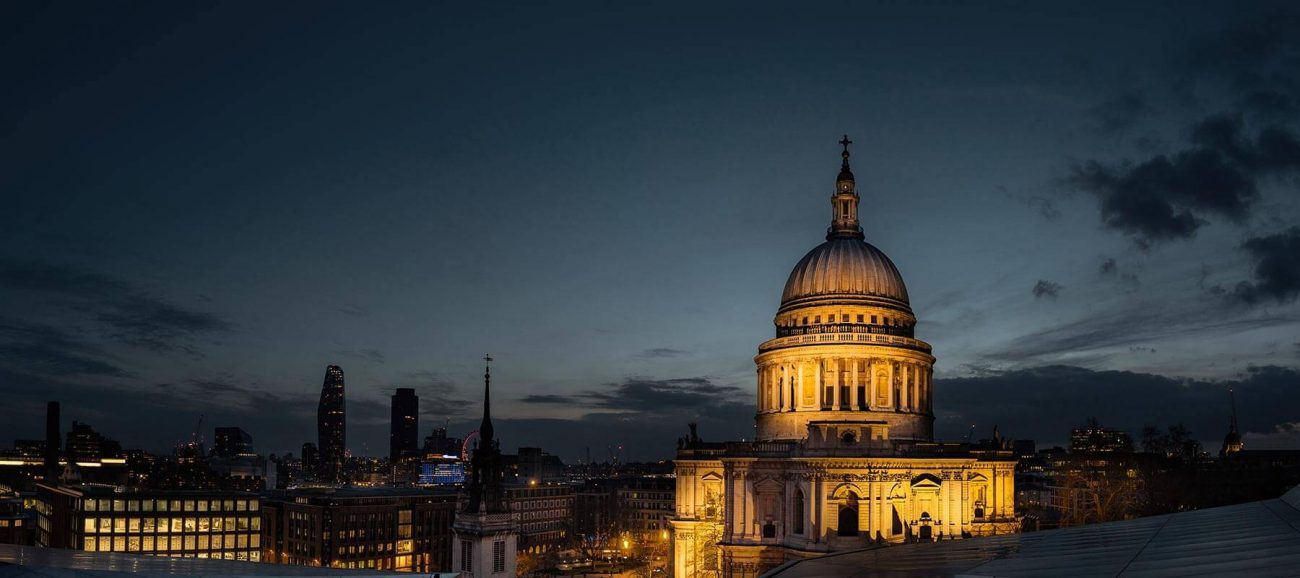What is an undischarged bankrupt and what restrictions apply to them?
An undischarged bankrupt is a person who has been legally declared bankrupt but has not yet received their release from the restrictions associated with bankruptcy.
What is bankruptcy?
Bankruptcy is a legal procedure that offers individuals facing financial difficulties a chance to tackle their overwhelming debts and begin anew. Governed by the Insolvency Act 1986 in the UK, bankruptcy allows those declared bankrupt in England or Wales to be released from their unsecured debts (with a few exceptions). Their assets will typically be sold by a trustee and they will face certain restrictions on financial transactions.
How does the bankruptcy process work?
The bankruptcy process begins with the indebted individual filing for bankruptcy themselves, or a creditor may present a bankruptcy petition against them. Once the bankruptcy order is made, a trustee in bankruptcy will be appointed to manage the process. The trustee will evaluate the debtor’s assets and liabilities to get an understanding of their financial position. Assets that are not exempt may be sold in order to repay creditors. Prior to discharge, the debtor must adhere to certain restrictions on financial transactions and may be required to make regular payments towards their debts for up to three years. Once the bankruptcy period has finished, most of the remaining unsecured debts are then discharged, which provides the individual with the chance to rebuild their financial stability.
It's important to note that bankruptcy can result in long-term negative effects on your credit rating and financial position, so it is often left as a last resort method and advice should be taken on whether it is the right option for you.
What does an undischarged bankruptcy mean?
An undischarged bankruptcy refers to an ongoing bankruptcy that has not yet been finalised and discharged. Throughout this period, the individual declared bankrupt remains under the supervision of their trustee , who is responsible for managing the individuals’ financial matters and debts owed to creditors.
It is crucial to recognise that someone in this state must adhere to specific ongoing restrictions until their bankruptcy is discharged. These limitations include not being allowed to borrow more than £500 without informing the lender of the bankruptcy and a prohibition on acting as a company director.
Undischarged bankrupts face important limitations that govern their actions prior to discharge. Here are some of the key restrictions:
Travel
If you live in Scotland, England, or Wales, you will be able to travel during bankruptcy proceedings, as long as it does not affect your ability to make payments or comply with any other restrictions placed upon you. However, if you are in Northern Ireland, you are required to obtain permission from the Official receiver to travel to Great Britain or the Republic of Ireland, or permission of the court to travel to any other country.
Employment
Undischarged bankrupts are subject to certain employment restrictions. For example, they are automatically disqualified from serving as directors of businesses until they are discharged from bankruptcy. Additionally, even after being discharged, certain professions, like accountancy or roles in the financial sector, may require them to disclose their past bankruptcy history, which could result in certain consequences.
Credit
Undischarged bankrupts are unable to borrow more than £500 without informing the lender about their ongoing bankruptcy status.
This limitation can make it difficult to access credit during this period of time. Furthermore, after discharge, the bankruptcy will be present on your credit report for six years, which can negatively affect your credit rating.
Rebuilding your credit becomes essential once your debts are cleared.
Understanding and adhering to these restrictions is vital for individuals going through bankruptcy, as failure to comply can lead to further legal complications and financial challenges.
How long does a bankrupt remain undischarged?
A bankrupt will usually receive their discharge from bankruptcy automatically after one year. However, if a bankrupt does not cooperate with their trustee, their discharge from bankruptcy can be suspended indefinitely or for a fixed period of time. The order suspending discharge will usually state what the bankrupt must do to secure their discharge. Alternatively, a bankrupt can be subject to a bankruptcy restrictions order, which extends the bankruptcy restrictions beyond the first year.
Contacting our solicitors
Our insolvency solicitors at Isadore Goldman have years of experience providing tailored advice for your specific situation to a wide range of clients. Whether you are considering applying for bankruptcy or are currently an undischarged bankrupt who requires information about the various restrictions you may be under, we can provide an informative and professional service.
To get in touch with a member of the team in Norwich, you can call us by ringing 01603 611370, use our enquiry form or emailing us at norwich@isadoregoldman.com

